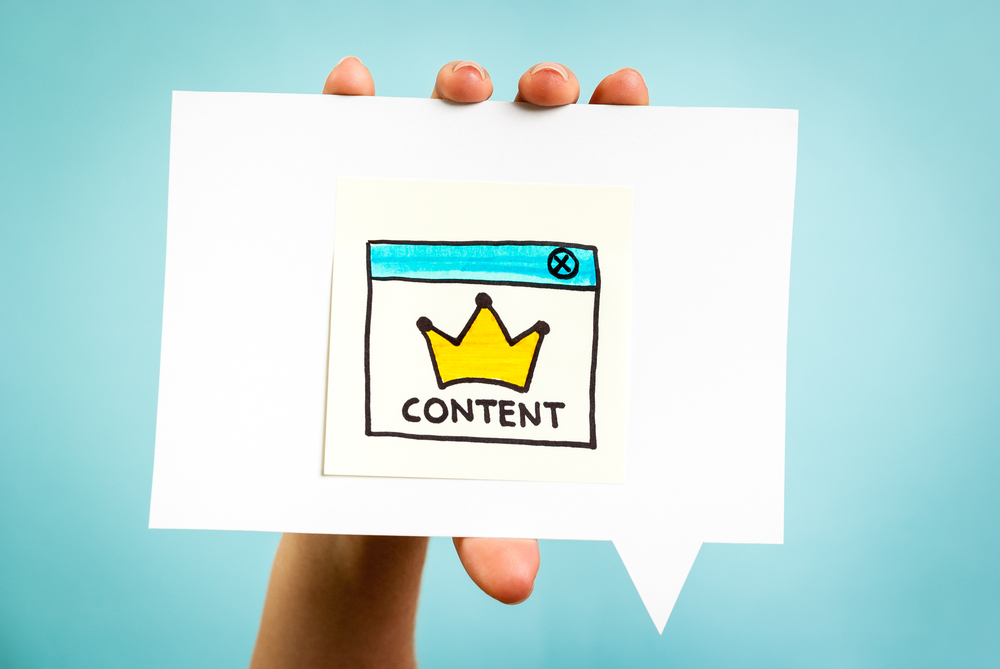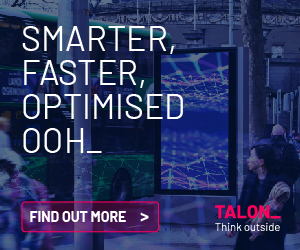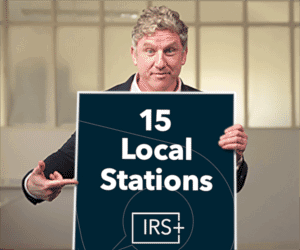 For a long time publishers thought that content is where the money lies online but with the explosion of data and artificial intelligence it would appear that content is now playing second fiddle to the data king, says Brendan Hughes.
For a long time publishers thought that content is where the money lies online but with the explosion of data and artificial intelligence it would appear that content is now playing second fiddle to the data king, says Brendan Hughes.
Back in January 1996, Bill Gates wrote an essay on the Microsoft website entitled Content is King where he suggested that “Content is where I expect much of the real money will be made on the Internet, just as it was in broadcasting. The television revolution that began half a century ago spawned a number of industries, including the manufacturing of TV sets, but the long-term winners were those who used the medium to deliver information and entertainment.”
What Gates did not predict twenty-two years ago was the total democratisation of content, where every human can instantly be both a creator and broadcaster with the means to make themselves an “influencer”. Neither could Gates foretell the dominance amongst consumers of platforms such as those now owned by the powerhouses of Facebook and Google which have become the primary channels for discovering content. These few giants now control the flow of content and the bulk of the value chain associated with that content.
What makes these internet giants so successful is not the content itself, but their data capabilities which enables them to fully optimise the value they earn from the content produced by everyone else but themselves. Mark Zukerburg, clearly understanding that the media companies no longer own the value chain, is consistent in his mantra that Facebook will not become a media company, but will remain a technology company. Sunar Pichai announced in 2017 that Google is now an “AI-first” company integrating AI into every product it owns. The survival game is now a data game and not a content game.
In the Irish media landscape, 2017 was the year when data-led programmatic advertising became the norme du jour. Advertisers, agencies and publishers all felt they understood the power of audience-led ad buying strategies and marched headlong down the programmatic rabbit hole. By the end of the year, the outcome was something a little less impressive with many advertisers exiting 2017 uncertain as to where programmatic now fits in their overall strategy. With real problems around brand safety and transparency together with allegations of margin-making by intermediaries, advertisers are now moving towards “direct-to-publisher” relationships.
Irish publishers have geared up in their data capabilities over the past year and most are now capable of facilitating fully transparent real-time audience-buys. The Irish publishers guarantee brand safety unlike the thousands of other websites ads might appear. Combined, the major Irish publishers have the scale required to meet the market demands for reach and frequency. While Irish people are spending more of their time discovering content on social channels, they are still primarily consuming news content on indigenous Irish sites. According to Alexa.com, three of the four Irish websites in its top 20 Irish ranking are publishers; Independent.ie, RTE.ie and IrishTimes.com.
Irish publishers have geared up in their data capabilities over the past year and most are now capable of facilitating fully transparent real-time audience-buys.
In 2018, digital advertising discussions will be dominated by GDPR. Advertising networks will find it impossible to entice consumers to opt-in for behavioural tracking across the web. The IAB will seek to bring a welcome solution to the market which will make it easier for the most reputable of publisher platforms throughout Europe to gather that consent. In this game, it is the publishers themselves that have the greatest power to provide fully compliant audience targeting. In the first instance, consumers are more likely to trust publishers to bring them information and offers that are relevant to them. For publishers, the interest and behaviour data collected and processed is first party and is not easily replicated by others.
The combination of programmatic advertising and GDPR requires a significant ramping up in skills by advertisers. A recent survey by The Exchange Lab UK, reported that just 30% of larger companies (250+) have a dedicated programmatic team or role in-house. 42% cited the lack of talent and 36% cited lack of cost effectiveness as the main reasons for not doing this. Agencies in Ireland appear to be struggling with adequately resourcing for these demands given the lack of available talent in the market coupled with their own evaporating margins.
The Irish market lacks the real scale required to justify the significant resource investments being made in the UK by both advertisers and agencies. However, the GDPR will leave programmatic advertising teams with no choice but to rapidly upskill to ensure that they comply. The will need to find trusted advertising partners who can help to reduce that burden.
Bill Gates was not wrong when he predicted that content is where the real money will be made on the Internet. The Internet has now also provided a data capability that no previous content delivery medium had and with that comes great opportunity and responsibility. Publishers who are already the primary destinations for quality content consumption and who have now invested in the necessary data capabilities, are in a prime position to offer the most compelling and compliant solutions to advertisers.
Brendan Hughes (@brendanhughes) is chief digital officer at Independent News & Media and is a director of IAB Ireland.
First published in Irish Marketing Journal (IMJ January 2018)© to order back issues please call 016611660





















